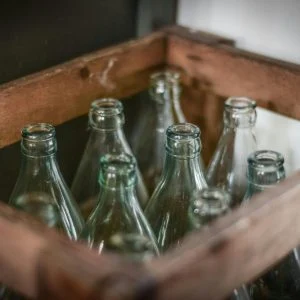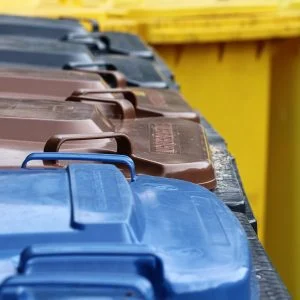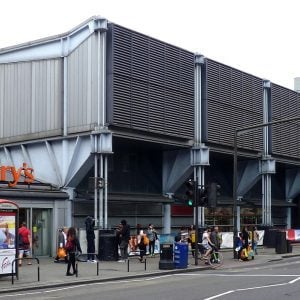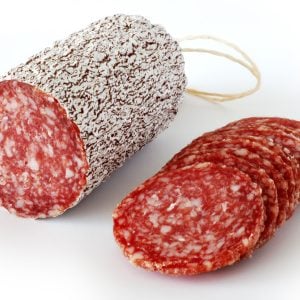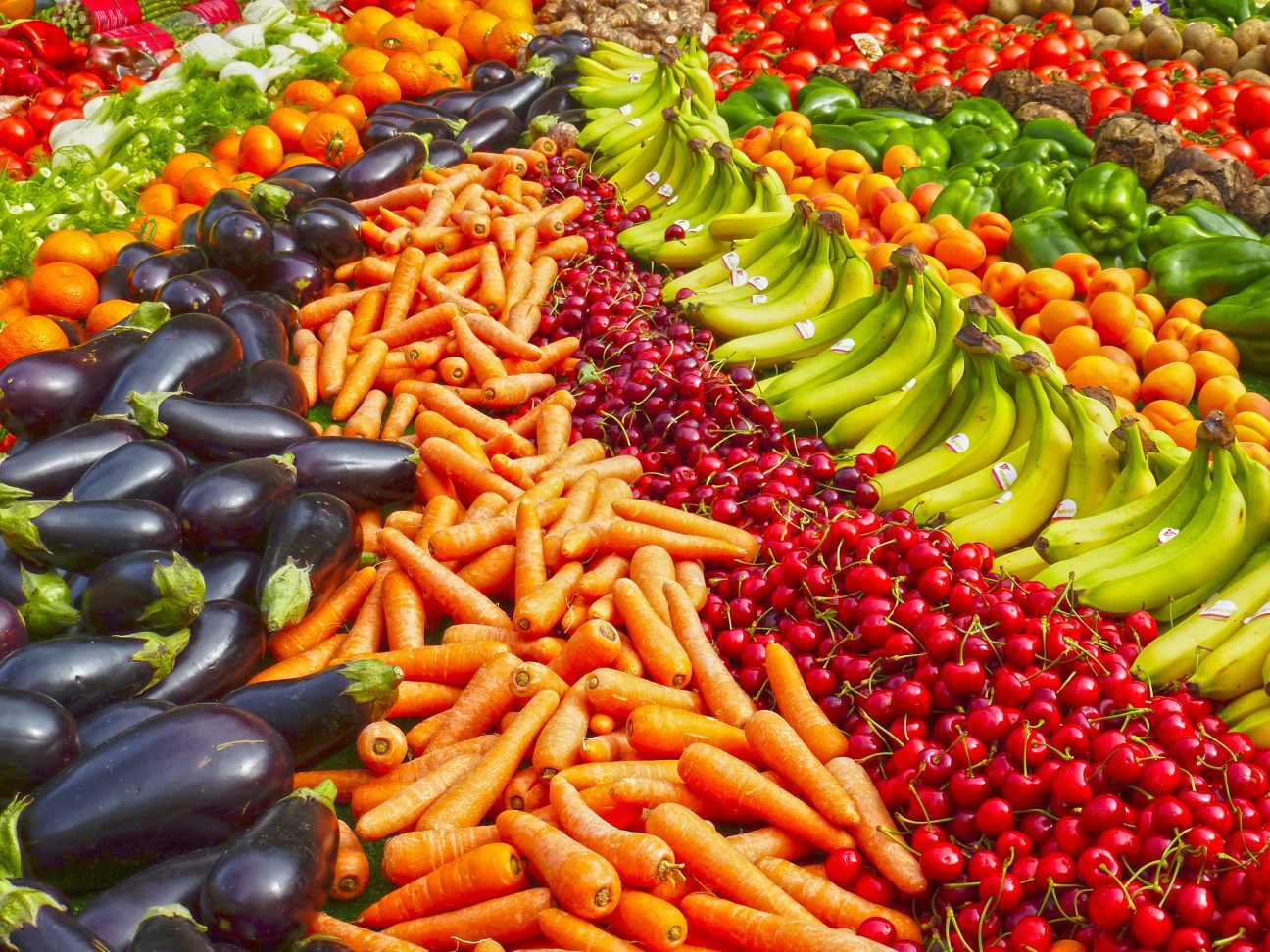
Ministers have handed suppliers and retailers of fresh produce a major boost by delaying the introduction of another wave of post-Brexit border rules.
The Government announced in September that physical checks on ‘medium-risk’ fruit and vegetables imported from the EU would not come in until 1st July 2025.
This gives the industry an extra six months before these dreaded procedures kick in, providing a major boost over the winter when domestic produce is less bountiful.
Jack Ward, chief executive of the British Growers Association, said the delay to the checks gave suppliers relief from a looming “nightmare”.
Many British fruit and vegetable producers have deals to provide retailers with certain lines 12 months a year, he said, necessitating a winter solution.
“They often grow in Spain or have joint ventures with Spanish growers so they supply for six months from there.
“With the extra checks, there was the prospect of container-loads of stuff being holed up while they found someone to carry them out. This [delay] has put off a series of problems the fresh produce industry thought it would have to contend with.”
Ministers said the “easement” on checks was a temporary measure to give them “a full and thorough opportunity to review the planned implementation of further border controls”.
They added that they would be looking to “listen to businesses across import supply chains”.
Meanwhile the Government changed the categorisation of certain produce meaning items including apples and pears will move from medium to low risk on 30 January 2025, allowing them to move freely into Britain from the EU.
David Josephs, owner of Panzer’s Deli in North London, welcomed the delay to “needless further regulations”. He added that the recategorising of certain lines was “long overdue”.
“Hopefully there will be a further review to evaluate more items being deregulated, beyond just fruit and vegetables,” said Josephs.
“The new Government needs to apply some common sense to the barriers to trade that Brexit has inflicted.”
Samantha Green, shop manager at Groombridge Farm Shop, said the Kent retailer sourced its fruit and vegetables from London markets that often brought in goods from overseas.
“We try to support local growers and our own farm but out of season we have to buy imported produce,” she said. “Peppers are currently coming from Belgium, as are kiwis. Broccoli recently doubled in price recently, we had to get it from abroad.
“Anything that keeps imported produce cheaper is positive for us and our customers.
This article first appeared in the October-November edition of Fine Food Digest.
